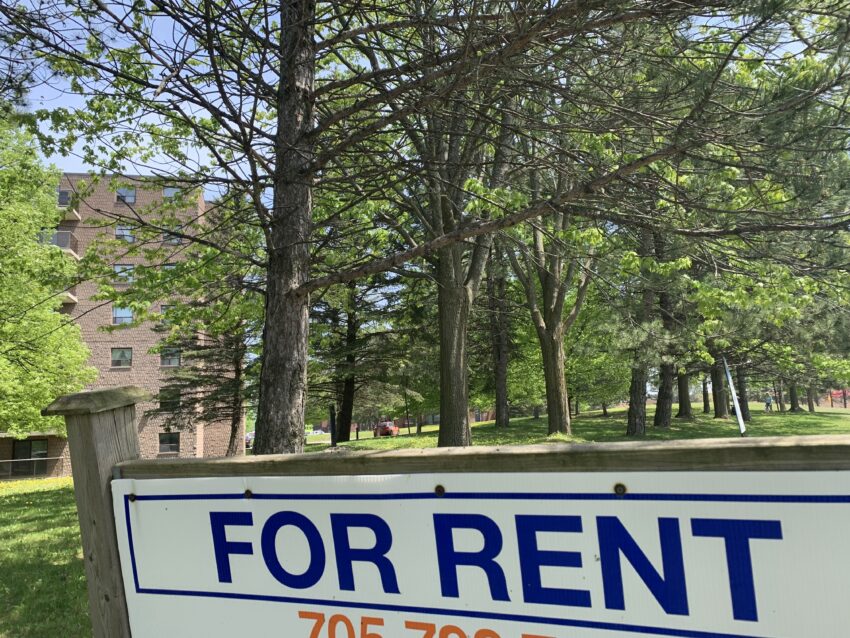On Nov. 5 during their committee of the whole meeting, Collingwood council gave preliminary approval for the town to proceed to the final phase of short-term accommodation licensing in town.
If no appeals to the new bylaw amendment are received within 20 days of full council approval, the town estimates they will start approving short-term rentals this winter.
As of now, the town is limiting short-term rentals to single detached dwellings only.
About one year ago, Collingwood council first approved new short-term rental rules for Collingwood, which would be phased in. The first phase launched in February, where bed and breakfasts had to apply for a “class A” license from the town.
Previous to this, short-term rentals were prohibited in Collingwood, aside from bed and breakfasts, although town staff estimate there are about 400 illegal short-term rentals operating in Collingwood at any given time.
During their May 22 council meeting, a public meeting was held regarding short-term accommodations in Collingwood, and feedback from the community was mixed.
According to new information presented this week by town staff, the first phase led to 24 applications for licenses. This resulted in seven Class A licenses being issued, two applications being placed on hold due to building compliance issues, four applications being withdrawn by the applicant and 11 applications being found ineligible.
This second and final phase of the roll-out will introduce licensing programs for other short-term rental units, which refers to the use of any single detached dwelling unit, or part of one, being used as a rental for 30 days or less. This does not include motels or hotels.
Under the new system approved by council in November, once short-term rentals are allowed through the licensing regime, they will only be permitted in someone’s principal residence, or in an accessory unit where the owner lives in the principal residence.
The zoning bylaw amendment for phase 2 was approved in principle in September. The final step will be for council to approve the final rules for licensing, which is expected at their regular meeting on Nov. 18.
If an appeal is filed with the Ontario Land Tribunal to the new bylaw, the launch of Phase 2 will be delayed pending the resolution of the appeal.
Once Phase 2 is launched, the town will institute a combination of both proactive and reactive enforcement of the new bylaw. Penalties for non-compliance with the bylaw (whether owners have a license or not) will range between $500 and $2,000 for a first offence, depending on the offence, and revocation of a license is possible as a consequence of repeated offences. A 24/7 hotline will be made available for short-term rental complaints and concerns.
The town will also have the ability to go through the provincial court system, and could levy fines up to $100,000 for non-compliance.
Council voted unanimously in favour of approving the new bylaw. The decision will need to be ratified at the next regular meeting of council on Nov. 18 before being formally approved.

